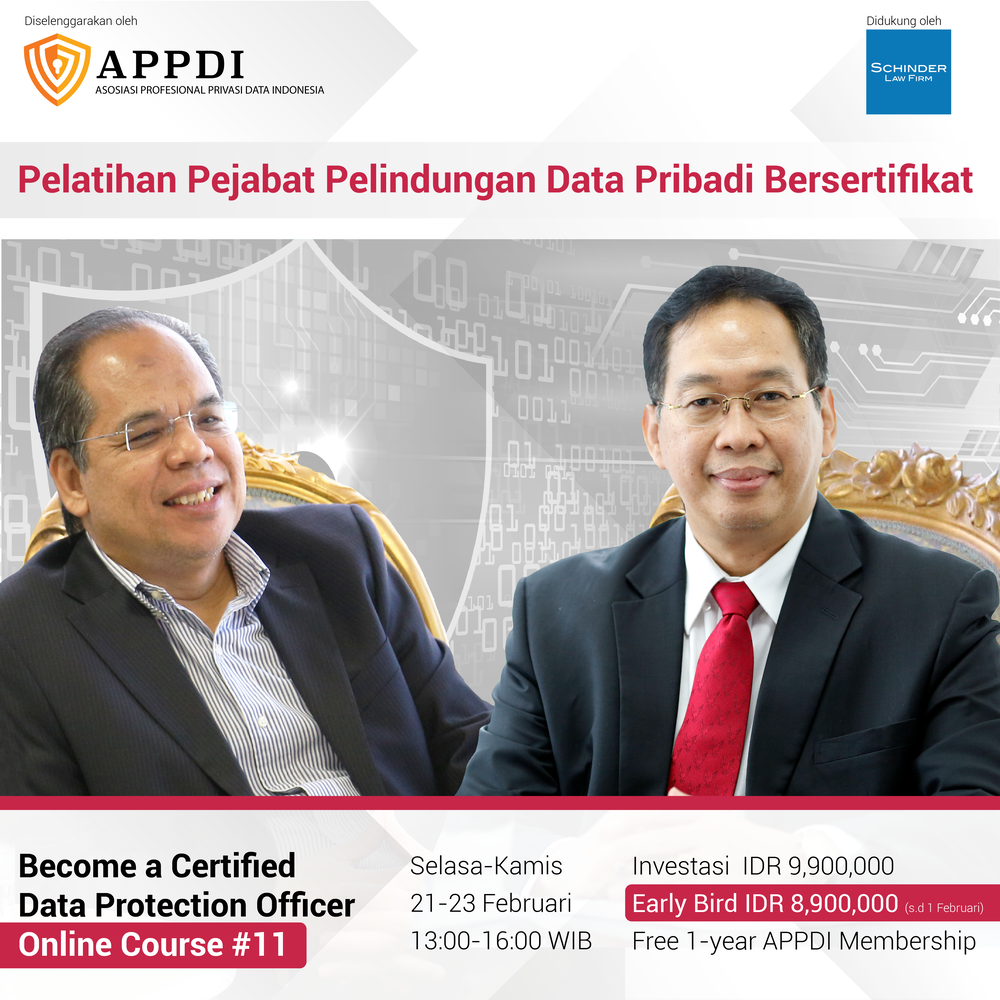Kazi Enamul Hoque 5 , Siti Hajar Mohd Yasin 6 , Siti Sarah Abu-Bakar 7 , Siti Hawa Abu-Bakar 8 ,
Nurul Aini Bani 9 , Asan Vernyuy Wirba 10, Abdullahi Abubakar Mas’ud 11
Abstract – Nanotechnology, being an emerging and enabling technology, can be utilised to exploit burgeoning opportunities in all aspects. Almost every kind of material with any feature can theoretically be developed using nanoscale technology and that is why countries around the world have been working relentlessly to exploit this. History suggests that unless the society and community welcome any newly introduced technology, that technology will have to embrace failure. Thus, the assessment of public perception towards emerging and enabling technologies like nanotechnologies is a routine activity in developed countries. Despite the fact such perception assessment activities were conducted in different countries, this has so far been not tested in Malaysia even though exploitation of nanotechnologies is a priority concern for the government. In this backdrop, this study aims to examine and assess the knowledge, understanding and perception of five public Malaysian university students towards nanotechnologies and their applications. Using a questionnaire survey, this study collected data from 530 respondents, of which 512 were analysed. Even though there are some general concerns as to the risk, safety and Halal application of the nanotechnology, a very good number of the students, irrespective of gender, nationality, religion, level of study, etc. are aware of the term ‘nanotechnology’ and could identify the benefits of nanotechnologies to them as direct consumers. Majority of the respondents are also aware of the presence of a number of nano-enhanced consumer products including cosmetic, automobile and computer accessories in the local market and more than 80% of the respondents favour the application and introduction of this technology in different sectors. Although the result of this study shows that the Malaysian tertiary level students, being the concerned segment of the society, are in favour of the usage and application of nanotechnology, adequate cautions should be taken by the policy makers to ensure the human health and environmental implications of engineered nanomaterials. Furthermore, attempts should be taken to make nanotechnology and its applications popular among the consumers by way of, inter alia, community outreach program, wide mass media coverage and introduction of specific academic course materials in different stages.
Keywords – Nanotechnology and nanoscience, Enabling and emerging technology, Public perception, Policy and regulation, Risk and safety
1 Faculty of Law, University of Malaya, 50603 Kuala Lumpur, Malaysia
2 Faculty of Languages & Linguistics, University of Malaya, 50603 Kuala Lumpur, Malaysia
3 University of Malaya Malaysian Centre of Regulatory Studies (UMCoRS), 59990 Jalan Pantai Baru, Kuala Lumpur, Malaysia
4 School of Engineering, Faculty of Design and Technology, Robert Gordon University, Aberdeen, AB10 7GJ, United Kingdom
5 Faculty of Education, University of Malaya, 50603 Kuala Lumpur, Malaysia
6 Faculty of Law, Universiti Teknologi MARA, 40450 Shah Alam, Selangor, Malaysia
7 The Dickson Poon School of Law, King’s College London, Strand, London, WC2R 2LS, United Kingdom
8 Universiti Kuala Lumpur British Malaysian Institute, Batu 8, Jalan Sungai Pusu, 53100, Gombak, Selangor, Malaysia
9 UTM Razak School of Engineering and Advanced Technology, Universiti Teknologi Malaysia, 54100 Kuala Lumpur, Malaysia
10 Department of Management Information Technology, Jubail Industrial College, P O Box 10099, Saudi Arabia
11 Department of Electrical and Electronics Engineering, Jubail Industrial College, P O Box 10099, Saudi Arabia



